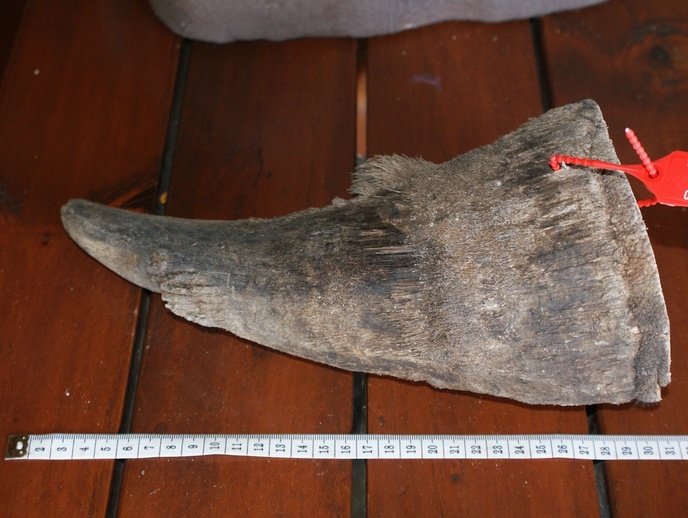On the 17th and 18th November 2016, high level delegations from across the globe – including the Vice Secretary of the United Nations and HRH the Duke of Cambridge – will touch down in Hanoi, Viet Nam, to attend the international Illegal Wildlife Trade Conference.
Hosted by Viet Nam’s Ministry of Agriculture and Rural Development, the conference is supported by the UK Government’s Department for Environment, Food and Rural Affairs (Defra) and has attracted high-profile media attention, not least due to Viet Nam’s own role in the illegal wildlife trade – especially rhino horn.
When it comes to tackling the illegal wildlife trade, Vietnam’s legislation is poor and its track-record in prosecutions is even poorer. In July this year, conservationists were aghast when changes to the country’s penal codes, which could help wildlife authorities get tough on rhino horn criminals, were delayed. These are planned to come into effect in 2017. A key change will mean that that any incident involving a piece of rhino horn over 0.05 kg in weight or a piece of ivory tusk over 2 kg in weight will now be considered a criminal offense, carrying maximum prison sentence of up to 15 years.
Viet Nam is under huge scrutiny from CITES and there is a very real chance that CITES will show its teeth and impose sanctions. A lack of progress in tightening legislation and successfully prosecuting rhino horn traffickers and traders, as well as following international protocol in tackling the trade, has led CITES to consider whether to add Viet Nam to its list of “Countries of Priority Concern”. Rather than being a mere wrist-slapping exercise, this would mean Viet Nam is bound by the treaty to comply and report on progress. If a lack of progress isn’t forthcoming, then CITES can impose sanctions on all the wildlife products regulated by the treaty. The CITES Rhino Working Group taskforce will visit in Viet Nam in early 2017 – their findings will be critical.
Conservationists are particularly concerned that Viet Nam’s rhino horn stockpiles are being destroyed without taking samples. When rhino horns are seized by the authority’s samples should be taken and sent for DNA profiling in South Africa by RhODIS. This analysis fosters international cooperation as rhino horns traced back to their original range state. Investigators can then use this information to piece together transnational trade routes and connect poachers on the ground with multinational criminal syndicates. If rhino horns are being destroyed by the Vietnamese government, future court cases will be jeopardised by lack of physical evidence – both in Viet Nam but also in Africa where many countries are making real progress on imposing tough sentencing on poachers but struggle to crack the kingpins at the top of the trade.
Whilst it is good news that Viet Nam is open to working with the international community, and is showing progress in behaviour change campaigns, such as the Chi Campaign, a Save the Rhino International initiative in partnership with TRAFFIC, this conference must not obscure the fact that Viet Nam has very clear obligations under CITES which, currently, the country is failing to meet.








